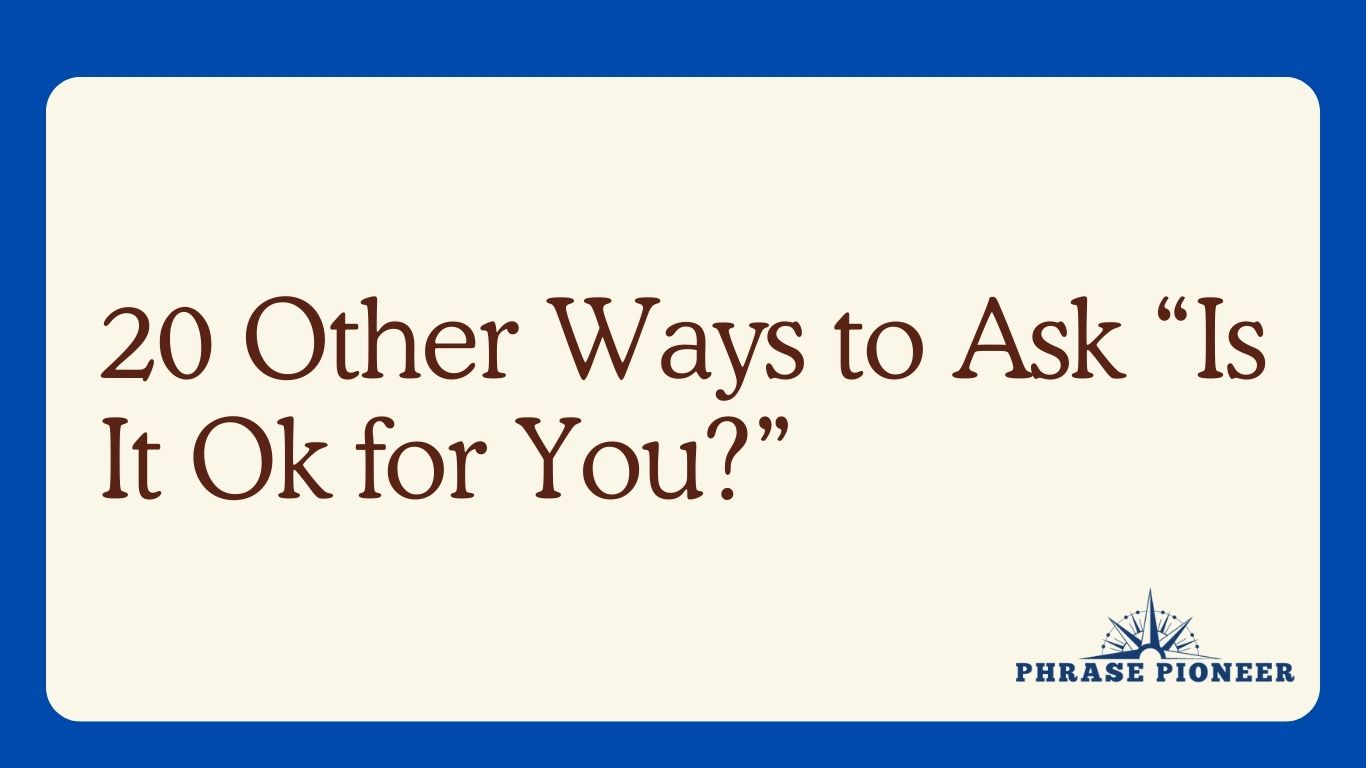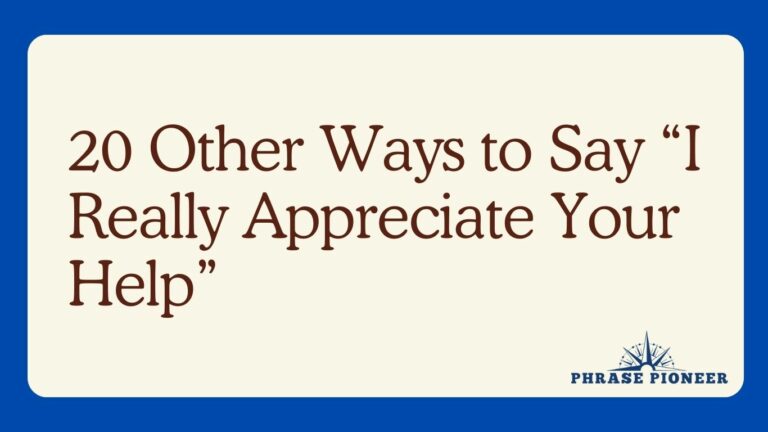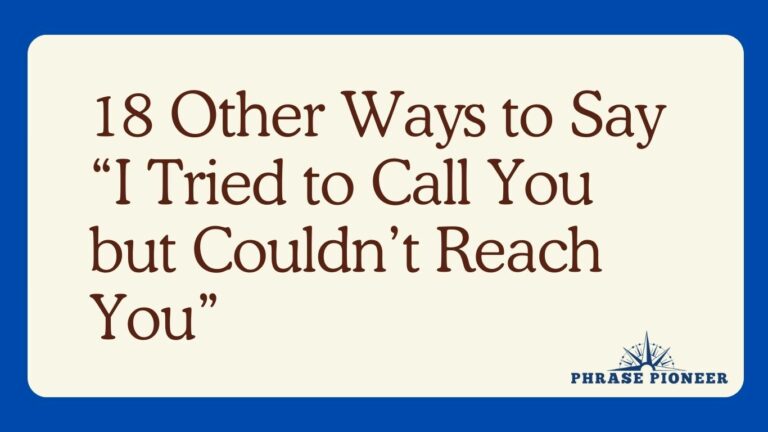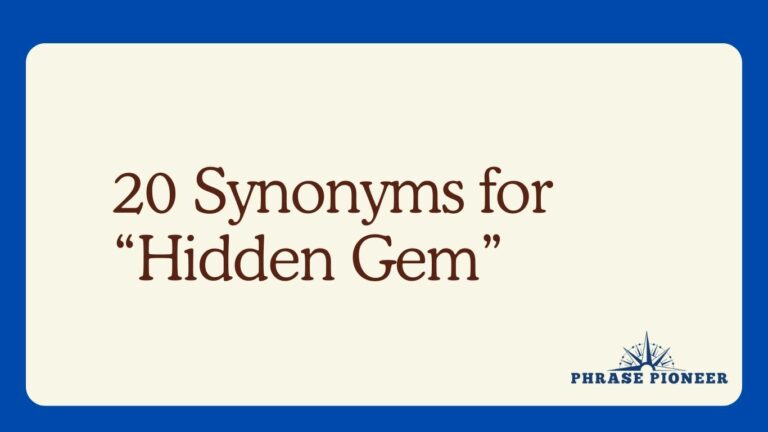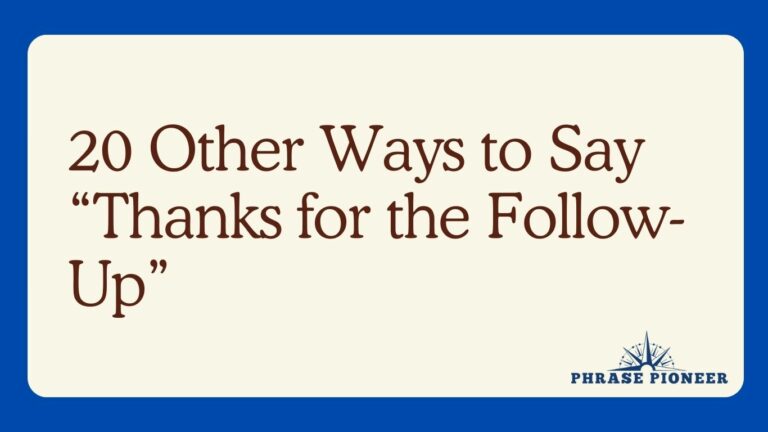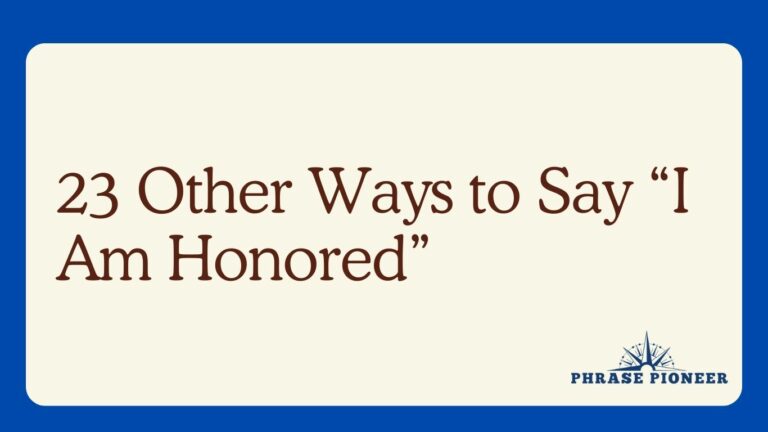20 Other Ways to Ask “Is It Ok for You?”
Asking for someone’s consent or approval is a common scenario in various interactions. The phrase “Is It Ok for You?” is a polite way to seek affirmation.
Below, you’ll find 20 alternative ways to phrase this question, each suited to different contexts and levels of formality, allowing you to be considerate and respectful in any situation.
Formal and Respectful Inquiries
- Do you consent to this arrangement?
- Example: Do you consent to this arrangement regarding the new work schedule?
- Explanation: This phrase is quite formal, typically used in professional or legal contexts to ask for approval explicitly.
- Would this be acceptable to you?
- Example: Would the proposed deadline extension be acceptable to you?
- Explanation: A formal way to ask if someone agrees with a suggestion or situation.
- May I get your approval on this?
- Example: May I get your approval on this before we proceed with the publication?
- Explanation: Directly asks for someone’s consent in a formal and courteous manner before taking action.
Polite and Considerate
- Would that work for you?
- Example: We’re planning a lunch meeting; would that work for you?
- Explanation: A polite and indirect way to ask for someone’s agreement or convenience.
- Is that arrangement suitable for you?
- Example: We have adjusted the seating; is that arrangement suitable for you?
- Explanation: A thoughtful phrase that considers the other person’s preferences or comfort.
- I hope this meets with your approval?
- Example: I have drafted the itinerary as discussed—I hope this meets with your approval?
- Explanation: A deferential way to ask for agreement, with an undertone of hope for a positive response.
Informal and Casual Checks
- Does that sound good to you?
- Example: We could switch turns driving on the road trip—does that sound good to you?
- Explanation: A friendly and nonchalant way to seek someone’s agreement.
- Are you cool with that?
- Example: The party will start an hour later; are you cool with that?
- Explanation: Highly informal, often used among friends or peers to seek concurrence.
- Is that alright by you?
- Example: We’ll split the bill six ways—is that alright by you?
- Explanation: Casual but still polite, this phrase checks that the person has no objections.
Direct and Straightforward Approaches
- Do you agree with this?
- Example: The plan is to leave at dawn; do you agree with this?
- Explanation: A simple and direct question asking for someone’s explicit agreement or not.
- Can you confirm if this is fine?
- Example: Can you confirm if the seating order is fine with you for the event?
- Explanation: Seeks immediate confirmation about whether the situation is suitable for the person.
- Are you in agreement with this decision?
- Example: We’ve chosen to close the office on Fridays—are you in agreement with this decision?
- Explanation: A formal way to verify if someone concurs with a particular decision.
Subtle and Tactful Queries
- Would you be amenable to this?
- Example: We’ve scheduled a review session for next Wednesday; would you be amenable to this?
- Explanation: Gently asks if the person would accept or be willing to agree to a proposal.
- I’d like to know if this is convenient for you
- Example: The meeting is set for 2 PM; I’d like to know if this is convenient for you.
- Explanation: Politely asking about the other person’s convenience or comfort.
- Would it be permissible for you?
- Example: We need to relocate some team members to a new workspace; would it be permissible for you?
- Explanation: This phrase is less about seeking agreement and more about asking for permission within a polite context.
Friendly and Easy-going Suggestions
- You good with that?
- Example: The movie starts at nine; you good with that?
- Explanation: An extremely informal and colloquial way to ask if someone is okay with a plan.
- Is that a go for you?
- Example: We’re thinking of ordering pizza—is that a go for you?
- Explanation: A light-hearted and conversational way to inquire about someone’s consent.
- Can you live with that?
- Example: Your roommate plays music in the evenings; can you live with that?
- Explanation: Informally asks if someone can tolerate or adjust to a situation.
Seeking Mutual Consent
- Do we have your blessing?
- Example: We’ve decided to move forward with the new strategy; do we have your blessing?
- Explanation: A polite and slightly formal request for approval that implies respect for the person’s opinion.
- Is this a comfortable arrangement for you?
- Example: We’ve set up an additional workspace here—is this a comfortable arrangement for you?
- Explanation: This query places importance on the other person’s ease and comfort with a situation or plan.
Each alternative offers a nuanced way to ask for someone’s consent, ensuring that you remain respectful and considerate of their preferences and autonomy.
Whether in a formal meeting, a casual conversation, or a quick chat, choosing the right phrase helps maintain a positive and cooperative tone in your interactions.

